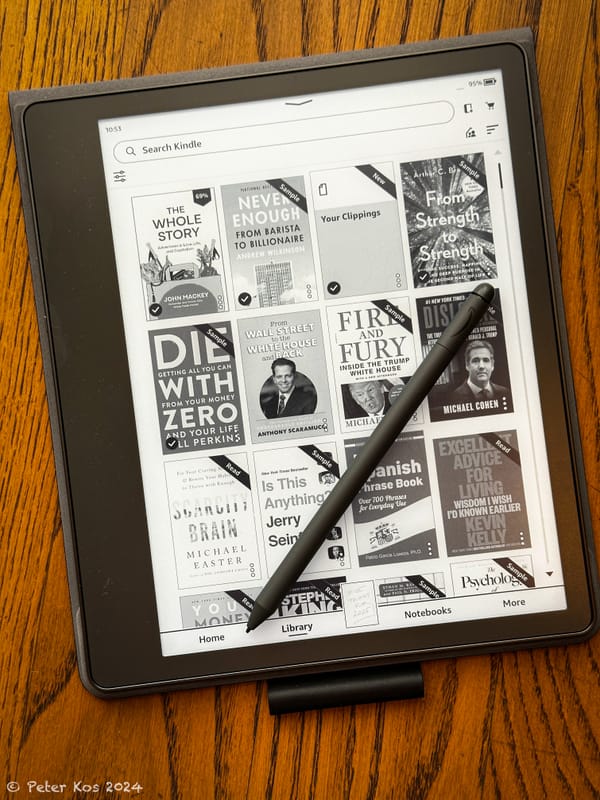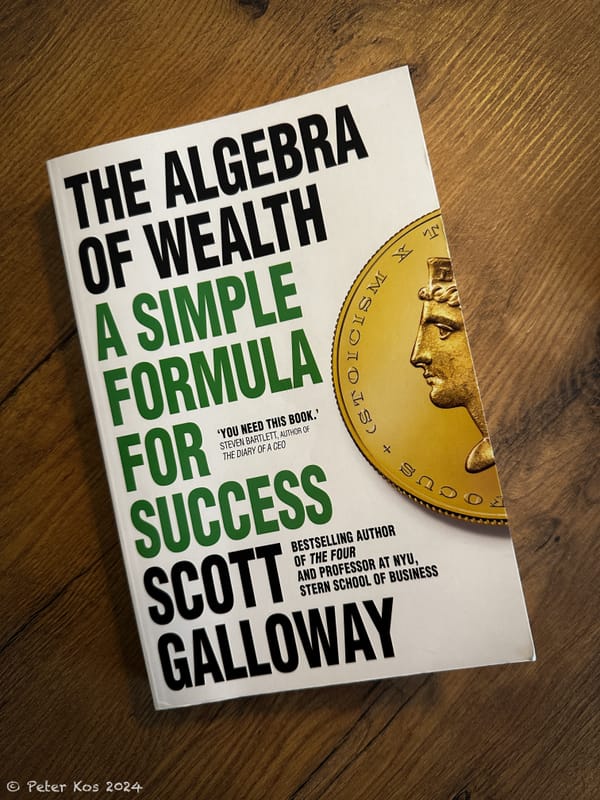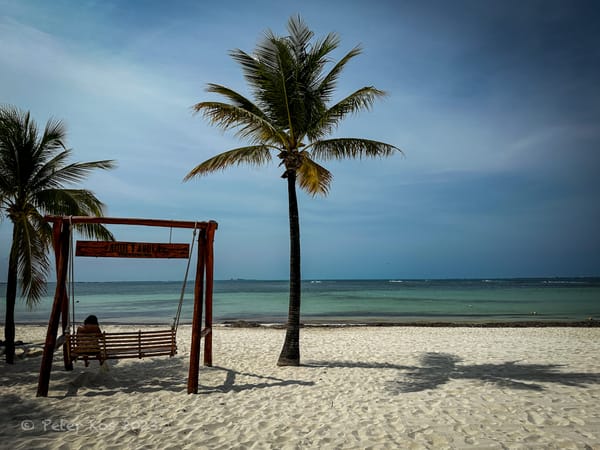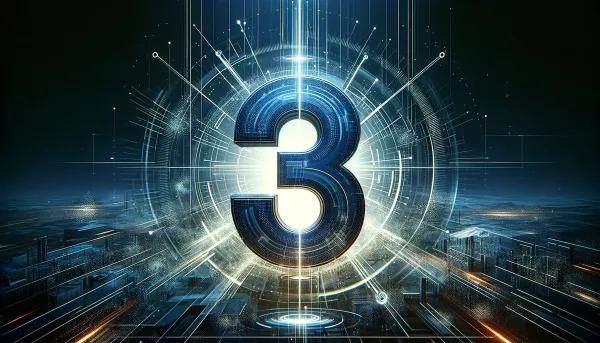Ode to the craft

I must learn not to hurry with my writing. At times, I find myself anxious to finish, to hit publish, to accomplish. I have to realize that I’m not doing it (only) to publish, but — first and foremost — to write. To celebrate my craft, which is only celebrated while doing it, while writing. When my hands are on the keyboard, when my focus is on the screen. That’s when I’m doing what I claim to be enjoying the most — writing. Or is it reading which I’m enjoying more and the writing comes second? Could be.
And that’s a question too, how do I want to characterize myself — as a reader or a writer? Fortunately, I don’t need to choose; I can be both. And I wonder if it’s even possible to be a good writer without being a (good) reader? For what is a writer if not the most compassionate reader? Only a writer can appreciate a literary work beyond the output, appreciating the actual labor that went into it. Only a writer understands what it takes to produce a book. Only a writer can empathize with the thought process of sitting down and doing the work. A published book is merely but a physical result of the author’s solitary labor.
A writer is the ultimate reader. She sees the blood stains between the lines, the pace of the chapters, which get pushed from the struggling start only to get rolling downhill in a wonderful writing motion until they are brought to an abrupt halt by the next chapter’s beginning.
Reading is an intimate relationship between the reader and the writer. It’s a one-on-one where the author directly connects to the readers’ brains. The best works create something in those moments, anything. A surprise, disgust, a tiny smirk, a minor change in the heart's beating.
I love those moments when I have to close the book to fully inhale and grasp the depths of the writer’s missive. When I feel wiser for reading what I just read.
Reading is a beautiful gift for which I’m eternally grateful. A written word might be humanity’s most significant achievement. If not for the written word, we wouldn’t amount to anything.
Reading is a celebration of humanity. And what that makes writing then? A way to pay it forward? Is writing a redemption for all the sins we’ve caused by living? What is it? What!
Every writer has had their opinion about their craft, many have publicly shared it, and some of that advice was committed to eternal study and worship by their disciples.
And that is what we — the writers — really are; the disciples of the writers that came before us. What is that if not a religious rite to our writing ancestors when we commit our words? If we are disciples, then the question comes — who was the first Writer? But we ask of that because we’ve read the holy scriptures who taught us there has to be an initiator. The highest deity. Well, that deity might be the act itself — the act of writing. With a chisel, a brush, a pencil, a fountain pen, a keyboard.
And so our writing, painting, sculpturing, doing any form of art is us worshipping the craftsmen that came before and the disciples of our own.
Or maybe it’s different, perhaps reading and indulging in the consumption of art is the act of worshiping the ancestors, while the act of writing and committing to creation is the way to honor the disciples.
Seth Godin talks about generosity in shipping creative work. Modern technologies have amplified the availability of art and uncovered many artists that would have never seen the light of day had there been the old gatekeepers and censors. The digital media, the speed of networks, and the quality of relatively affordable gear make it easy to share one’s art — be it paintings, pictures, words, sculptures, moves, or what else — not only with the local social circles but with the entire world.
Isn’t that amazing.
This same enabler also carries the infection of distraction. It is easy to get carried away, to fall prey to the trap of infinite scrolling of endless consumption. And maybe that’s why we all carry the responsibility to create so that we balance and offset what we consume. Acts of creation can offset the carbon emissions of our creative consumption.





